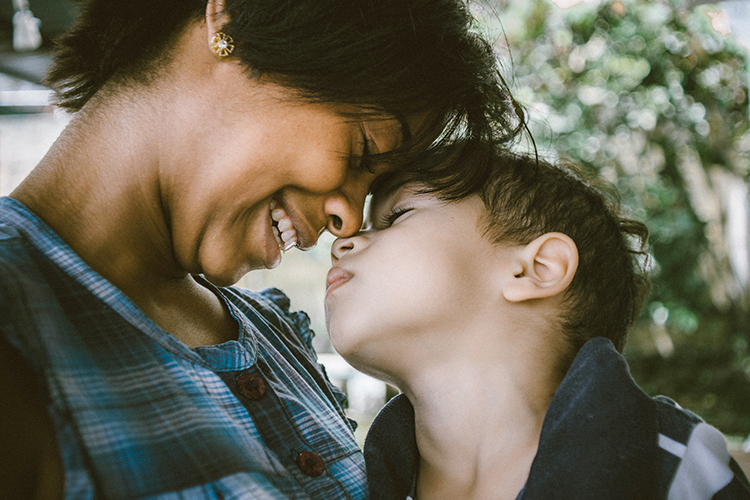
In this post, you’re going to hear from our team about a conversation from the podcast “In This Together” by Dr. Josh and Christi Straub. The podcast episode was so interesting and thought provoking that we wanted to share it with you in a short digestible post. If you’d like to hear the full conversation, you can click the link at the bottom.
What should you say when your 8-year-old daughter says she’s fat? What happens when your 12-year-old son tells you he hates the way he looks?
These situations are enough to throw off any good parent. They can even break your heart.
You may want to immediately jump to your child’s rescue and fix the problem. You may even want to disagree and de-bunk the claim. After all, as parents, we often feel most comfortable with the immediate approach—to have one conversation, check it off the list, and say it’s done. There’s a reason why we call it “The Talk” instead of “The Talks.”
1. Stop and Listen. It’s a Marathon, Not a Sprint.
Linda Stewart and Linda Noble, founders of The Conversation Workshop, say that the tough situations and conversations can’t be fixed in one talk.
“We look at this like a marathon,” Stewart said. “This is thousands of conversations—it’s a lot of questions, talks, and describing rather than dictating. It’s messy, but in this process, there is a lot of grace.”
On “In This Together,” the podcast by Dr. Josh and Christi Straub, Stewart and Noble described a major truth that lays the foundations for body image: We have priceless unchanging value as a person made in God’s image, and this image reflects Jesus.
“We’ve found that if we slow down and really listen to what’s going on, we’ll find out that there’s more,” Stewart said. “If your daughter says she’s fat, she’s probably had experiences that you need to know about. Someone at school has said something to her. If we slow down and listen instead of immediately reacting, then that gives us more avenues to correct the lies they’ve been told about their bodies, remind them of the important truths found in Scripture, and describe how we see Jesus reflected in them.”
2. Remind Your Children They Are Unrepeatable & Irreplaceable
It’s important to understand and to remind our children that because we are made in the image of God (Psalm 139), our value is unchanging. Nothing we can do, nothing we can say, no failure is going to change our value.
“We should affirm with our children that they are unrepeatable and irreplaceable—no one is like them and no one else can be the person that God created them to be,” Noble said.
How might you explain this to your children?
“You can say things like, ‘I love how I see Jesus in you when you take care of our dog. Or ‘I love how I see Jesus in you when you help your sister,'” Noble said.
You can also help your children to constantly look for how others reflect the image of God. You can even treat it like an Easter egg hunt: How did you see Jesus in this person? What glimmer of Jesus do you see in that person?
3. Describe How You See Jesus in Your Children
How can we raise our children to have a healthy body image in a culture that is working against us?
Describe how you see Jesus in your child. Explain how our bodies can reflect the love of Jesus. You can say things like: “That’s your lovely smile cheering up a friend. Those are your strong arms, hands, and legs showing up to help a friend in need. Your face is beautiful because others can receive your gifts of love and encouragement through the words that come out of your mouth or through the expression in your eyes.”
Ask questions like: “How do you show Jesus to your friends at school with your face?” Or if you want your child to understand how they affect others, you can ask: “What’s the look on your friends’ faces when you do something nice for them? What’s the look on a person’s face who is lonely as you approach them at lunch?”
“No matter what, this is a process of grace,” Noble said. “You don’t have to walk into these conversations feeling like you have all the answers, because you won’t. This process is more about listening, describing, and reminding our children of their intrinsic value because of who they are and who created them.”
Listen to the full conversation on “In This Together” here!

